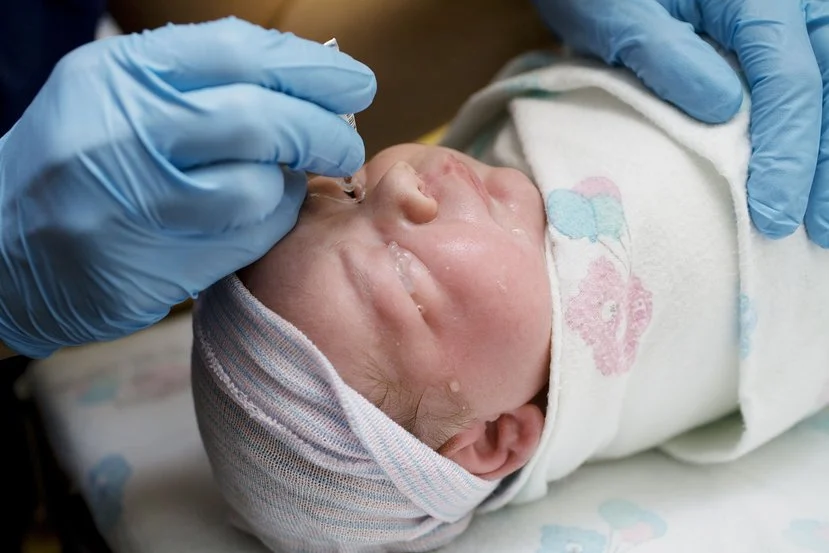
Eye Care for Newborn Babies
Newborns experience rapid visual development in their first year of life. Proper eye care helps ensure healthy vision and early detection of potential issues.
Newborn Vision Development
- At birth, babies can only see about 8-12 inches away—just enough to recognize a parent’s face while feeding.
- By 2-3 months, they start tracking moving objects and making eye contact.
- Around 4 months, depth perception begins to develop, and babies can follow objects with both eyes.
- By 6 months, color vision improves, and they can recognize familiar faces from a distance.
- By 12 months, they should be able to judge distances and grasp small objects accurately.
First Eye Exam
- Newborns should have their eyes checked at birth for infections, cataracts, or other congenital conditions.
- A pediatrician will monitor eye development during regular check-ups.
- A comprehensive eye exam by an eye specialist is recommended at 6 months to check for early vision issues.
Eye Care Tips for Newborns
✔ Protect Against Infections – Gently clean your baby's eyes with a warm, damp cotton ball. Avoid exposure to irritants like smoke or dust.
✔ Monitor Eye Alignment – Some newborns may have slightly crossed eyes, but if misalignment persists beyond 4 months, consult a doctor.
✔ Stimulate Visual Growth – Use high-contrast black-and-white patterns, colorful toys, and gentle motion to encourage visual tracking.
✔ Watch for Warning Signs – If your baby has excessive tearing, persistent redness, extreme sensitivity to light, or white reflections in the pupil, seek medical attention.
✔ Limit Bright Light Exposure – Avoid direct sunlight or harsh lighting near your baby’s face to protect developing eyes.
Early eye care sets the foundation for a lifetime of good vision. Regular check-ups and engaging visual activities can support healthy eye development in newborns